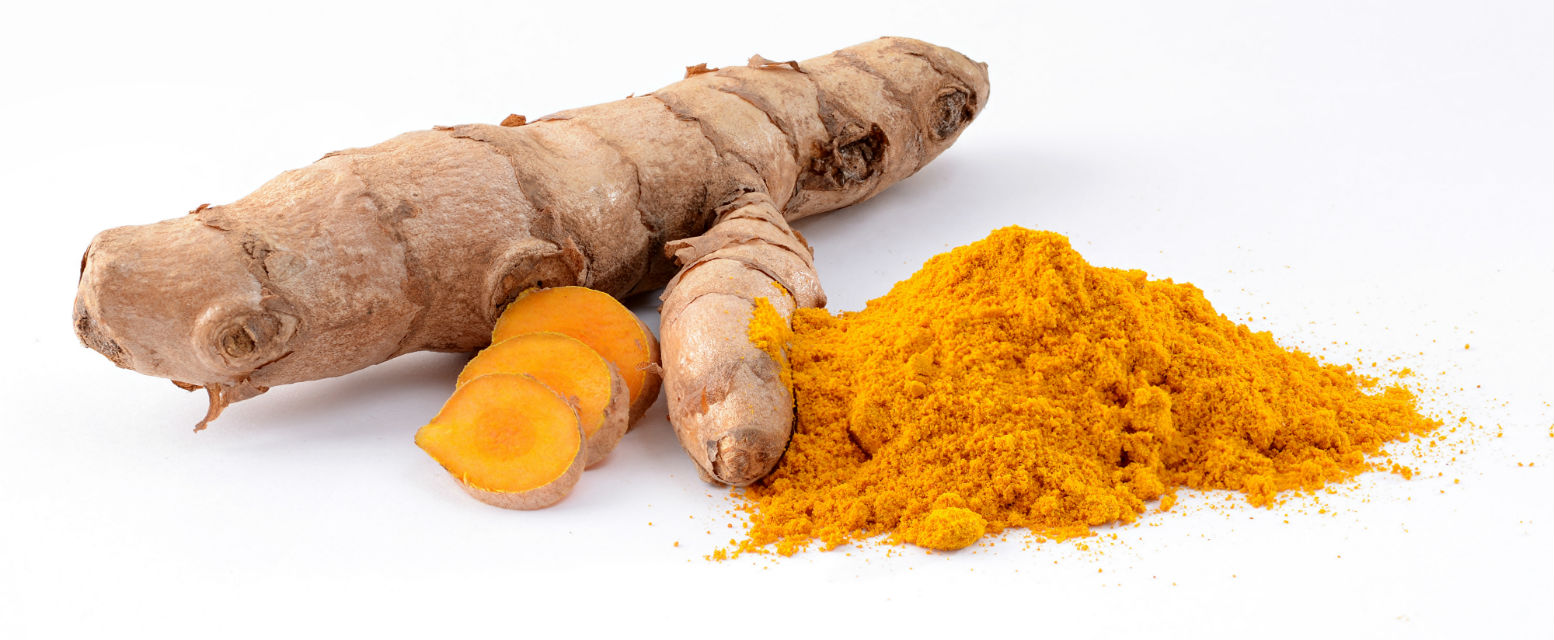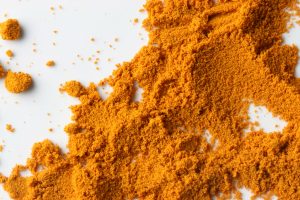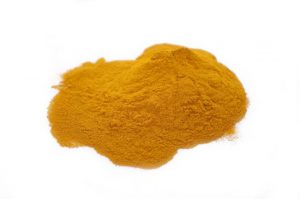
If you are looking for an herb with powerful health benefits, look no further than curcumin. This amazing herb has been shown to help fight heart disease, cancer, chronic pain and arthritis, diabetes, depression and brain disorders, digestive disorders, and more. Curcumin is a natural antioxidant that can help protect your body from the damaging effects of free radicals. It also helps improve immune function affect epigenetics and promote wound healing. If you want to enjoy better health, add curcumin to your diet!
Curcumin is a great anti-inflammatory, but can it epigenetically correct gene defects?
Some researchers believe that curcumin may be able to epigenetically correct gene defects, which could lead to better health outcomes for people with chronic diseases.
While more research is needed, the potential for curcumin to correct gene defects is exciting. If you want to enjoy the many health benefits of this powerful herb, add curcumin to your diet today!
 What is epigenetics?
What is epigenetics?
Epigenetics is the study of how environmental factors can affect gene expression. Although our DNA is fixed at conception, epigenetic modifications can occur throughout our lifetime in response to our diet, stress levels, and exposure to toxins. These modifications don’t change the underlying DNA sequence, but they can influence which genes are turned on or off. Over time, epigenetic changes can accumulate and lead to health problems such as cancer or heart disease. Scientists are just beginning to unlock the mysteries of epigenetics, but this rapidly growing field holds enormous potential for improving human health.
Fortunately, Curcumin can affect epigenetics turning off bad genes and turning on good genes to improve health.
Epigenetics is the study of how genes are turned on and off. It is becoming increasingly clear that epigenetics plays a role in human health and disease. Curcumin, a compound found in the spice turmeric, has been shown to have powerful epigenetic effects. Studies have shown that curcumin can turn off genes that promote inflammation and cancer, while turning on genes that protect against these conditions. Curcumin has also been shown to improve cognitive function and prevent age-related decline. These findings suggest that curcumin may be an important tool in the fight against chronic disease.
 Curcumin benefits
Curcumin benefits
- Curcumin is a powerful antioxidant that can help protect your body from the damaging effects of free radicals.
- Curcumin helps improve immune function and promote wound healing.
- Curcumin is a great anti-inflammatory, and may be able to epigenetically correct gene defects.
- Curcumin has been shown to improve cognitive function and prevent age-related decline.
- Curcumin is a natural compound found in the spice turmeric, and has numerous health benefits.
Lets look at the brain, curcumin can help clarity of mind by fighting amyloids and tangles.
One of curcumin benefits is its ability to improve cognitive function. Curcumin does this by fighting amyloids and tangles, which are two of the main causes of Alzheimer’s disease. Amyloids are sticky proteins that clump together and form plaques in the brain. Tangles are another type of protein that tangles up in the brain and disrupts cell function. Both amyloids and tangles lead to dementia and cognitive decline. Curcumin is thought to fight these proteins by binding to them and preventing them from causing damage. In addition, curcumin also has anti-inflammatory and antioxidant properties that can protect the brain from further damage. As a result, curcumin may be an effective way to improve cognitive function and clarity of mind.
With all these benefits, what’s stopping you from giving it a try today?




Leave a Reply